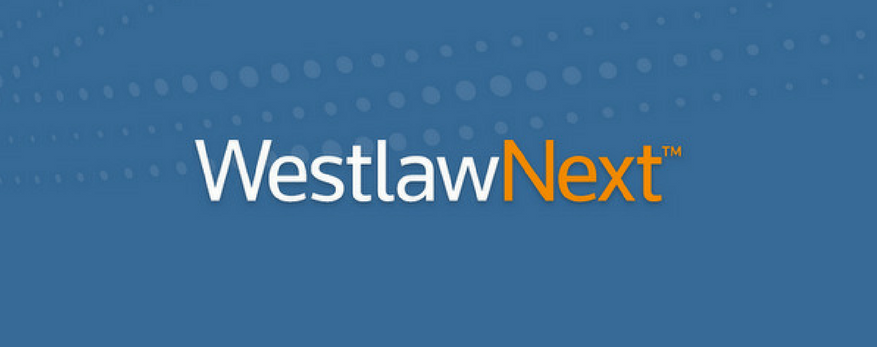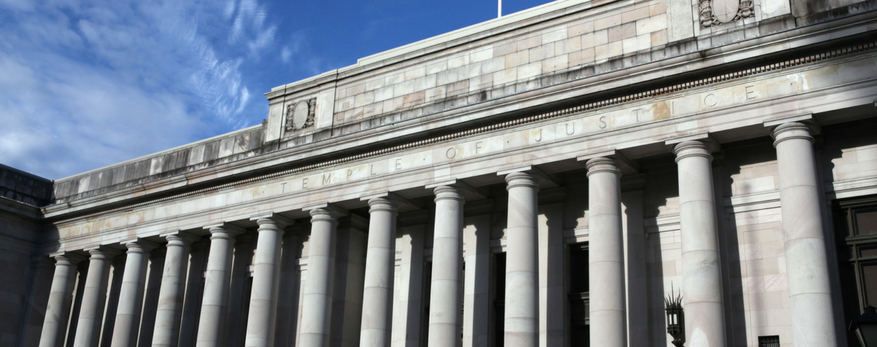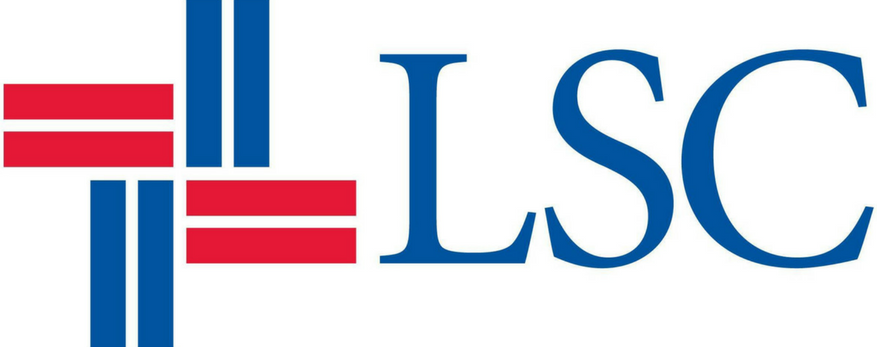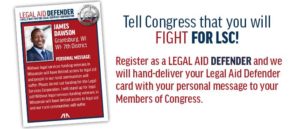Subject Matter Forms
More than 600,000 up-to-date national and state-specific forms and other drafting resources, including text forms, official PDF forms (eforms), along with checklists and clauses.
Examples:
- Motion for Extension of Time to Answer Interrogatories;
- Prenuptial Property Agreements;
- Form Drafting Guide – Checklist – Information to be obtained and matters to be considered when drafting a Will;
- 9th Circuit Civil Appeals Toolkit including forms (Notice of Appeal, Appellant’s Brief, etc.)
Trial Court Documents, such as Pleadings, Motions and Memoranda:
Access civil and criminal court filings from state and federal jurisdictions.
Westlaw’s Full Treatise Collection! (sampling below)
Commercial Law:
- Lawrence’s Anderson on the Uniform Commercial Code
- Consumer Credit and the Law by Richard M. Alderman and Dee Pridgen
- Consumer Protection and the Law by Dee Pridgen
- Williston on Contracts 4th by Samuel Williston
Corporations:
- Partnership Law and Practice by J. William Callison
- Restatement of the Law – Charitable Nonprofit Organizations
- Fletcher Cyclopedia of the Law of Private Corporations by William Meade Fletcher
Criminal Law:
- Wharton’s Criminal Law & Criminal Evidence
- Search and Seizure: A Treatise on the Fourth Amendment by Wayne LeFave
Estate Planning:
- The Law of Trusts and Trustees: a Treatise covering the Law Relating to Trusts and Allied Subjects affecting Trust Creation and Administration: with Forms by Amy Morris Hess and George Gleason Bogert and George Taylor Bogert
Government Contracts:
- Government Contract Guidebook by Steven W. Feldman
Land Use Law (Real Property):
- American Law of Zoning by Patricia E. Salkin
- Rathkopf’s The Law of Zoning and Planning by Edward H. Zieglar, Jr
Tax Law:
- The Law of Federal Income Taxation by Jacob Mertens
Anyone can use WestlawNext for up to two hours a day at one of our library branch locations. Learn more about our legal research databases here.



